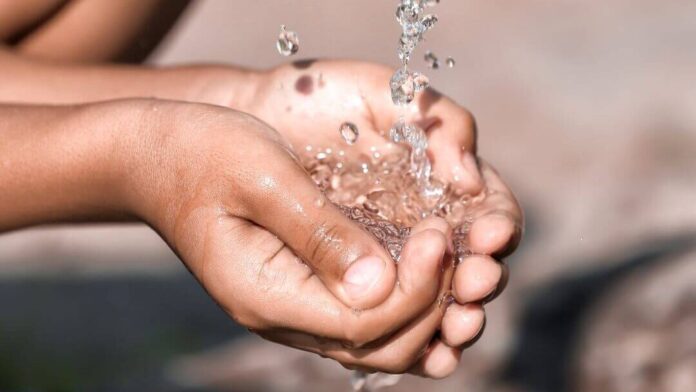Rawalpindi is grappling with a critical water crisis as supply struggles to meet the city’s growing demand. The city requires 68 million gallons of water daily, but only 51 million gallons are available, leaving a significant gap that is putting pressure on residents and authorities alike.
Minimal Rainfall Expected – A Worsening Crisis
Adding to the challenge, the Meteorological Department has predicted very little rainfall for February and March. This lack of precipitation will further strain Rawalpindi’s already depleting water resources. Groundwater levels have plummeted to 700 feet, making it increasingly difficult to extract water, while dam reserves are also at concerning levels.
WASA’s Call for Conservation
In response to the crisis, the Water and Sanitation Agency (WASA) is urging residents to conserve water and avoid unnecessary waste. To enforce this, strict measures have been introduced, including fines for those found wasting water. The agency is particularly targeting excessive use of water for washing vehicles and watering lawns, emphasizing the importance of mindful consumption.
Temporary Water Supply Halt from Khanpur Dam
Another challenge on the horizon is the temporary suspension of water supply from Khanpur Dam. The dam is undergoing cleaning and maintenance until February 22, which will further reduce the available water supply. Residents are advised to plan accordingly and minimize usage during this period.
Steps Being Taken to Manage the Crisis
WASA is actively working on several solutions to mitigate the impact of the shortage:
Water rationing to ensure fair distribution across the city.
Monitoring and penalizing illegal water connections.
Encouraging households to adopt water-saving habits.
Authorities warn that if conservation efforts are not taken seriously, the shortage could worsen in the coming weeks, potentially leading to stricter measures.
How You Can Help
Every resident has a role to play in tackling this crisis. Here’s how you can contribute:
Reduce water usage whenever possible.
Fix leaks in pipes and taps to prevent wastage.
Limit outdoor water use, such as washing cars and watering gardens.
As Rawalpindi faces one of its most severe water shortages in recent years, collective action is crucial. WASA continues to monitor the situation and may introduce additional restrictions if necessary. Public cooperation is essential to ensure that the city has enough water for essential needs.
Let’s act now—every drop counts!






